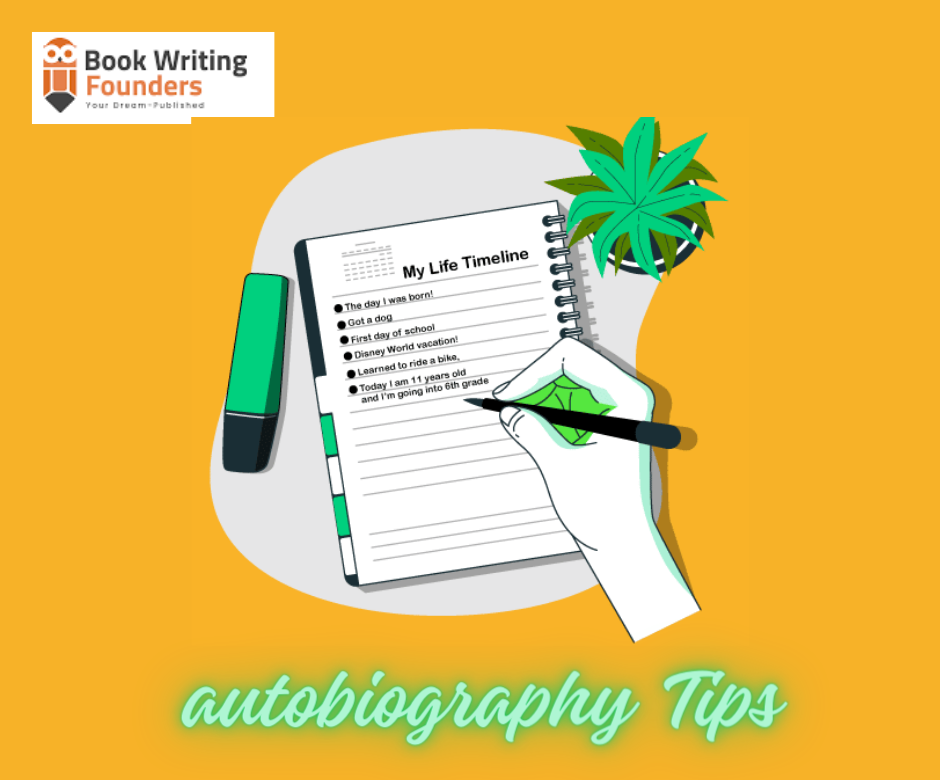
Writing
Writing is a complex process that requires a clear understanding of the purpose and audience. The goal of the writer iscreate a specific work, and it can be influenced by a variety of variables. This article will explore the two main factors that combine to form an author’s writing purpose.
What are Author’s Purpose
The reason an author writes a text is called the “author’s purpose.” This can be as easy as telling someone something or as complicated as persuading them or making them laugh. For example, when you read a newspaper article, the author aims to tell you about recent events. If you’re reading a book or short story, the author probably wants to entertain you or make you think about yourself.
The most important thing to remember about the author’s goal is that it should not be confused with your text interpretation. When writing a book, an author may have more than one goal in mind but only want you to understand one of those goals. For example, a piece about world hunger could be written by someone who wants to tell readers about the problem and teach them about it or by someone who wants to convince readers to do something about it.
What are the Two Factors Combine to Form an Author’s Purpose for Writing a Text?
The following are the two factors:
Factor 1: Informative Purpose
The informative purpose of writing aims to provide readers with accurate, relevant, and useful information. It can take various forms, such as education, news, and instructions.
Biographies
Biographies, like those written by Patricia Polacco, often fall under this category because they are meant to inform you about someone who was once alive. This may be a famous person or someone you know personally. The biography will give you information about the person’s life and accomplishments.
Explanation
Explanations often contain facts and details that help us understand a concept better than before reading it. A textbook is an example of an explanation because it explains concepts in detail so we can understand them better than before reading the material.
News articles
News articles tell us about current events and happenings worldwide; professional journalists often write them but they can also be written by amateur writers who want to share their knowledge on a particular subject matter with others.
Reviews
A review, like those for e-commerce books for online business owners, is meant to give an overview of a topic or product. They are usually written by experts in their field and are meant for other people interested in purchasing the product or reading about it more thoroughly. Reviews are also used as a way for customers to leave feedback about products they have already purchased so that other potential buyers know what they should expect before making a purchase decision.
Interview
An interview is when someone asks questions about something, and another person answers those questions truthfully and openly because they want people to know their thoughts on the subject matter. For an interview
Newspaper articles
Newspaper articles are usually written to inform the reader about current events. They often feature interviews with people involved in the story being reported. This type of article is also known as a profile or human interest piece.
Speeches
Speeches are generally written to inform an audience of a particular issue or event. The speaker may be trying to convince people to support a certain cause or action (for example, voting for a candidate). Writers also use speeches to report on events that have already taken place. For example, an official might speak about how well their town handled an emergency such as flooding or an earthquake.
Instruction manuals
Informative texts give readers information useful for their lives or the world beyond the text. This includes textbooks, reference books and dictionaries. Instructive texts give the reader a step-by-step guide on how to do something.
Factor 2: Persuasive Purpose
The clear purpose of writing aims to influence the reader’s opinion or behavior. It can take various forms, including advertising, editorial, and advocacy.
Advertising
Advertising, such as campaigns promoting book writing services, is a form of persuasive writing typically found in magazines, newspapers and on television. Advertisers use persuasive techniques to get consumers to buy their products or services. They also use techniques to convince consumers that they should not buy other companies’ products.
Editorial
Editorials are articles written by newspaper editors about current events and issues. An editorial will usually take one side of an issue and try to convince readers that their point of view is correct. Editorials often appear on the front page of newspapers because they strongly impact readers’ thinking about issues in our society. Book writing services is a professional company that focus on assisting authors with the writing and publishing their books.
Advocacy
Advocacy texts are persuasive and are meant to change a situation or cause. This type of writing conveys a specific point of view and is often meant to convince people that the writer’s position is correct. Advocacy texts use facts and statistics, and examples from real-life experiences to support their point of view. They may also include quotes from experts or authorities on the topic.
Other Factors that Affect the Author’s Purpose
Several factors influence the author’s purpose for writing a particular text. Some of the most critical factors are:
Audience
The intended audience, such as readers interested in the most popular genre of books, plays a crucial role in determining the author’s purpose. The author’s purpose will differ depending on whether the text is written for a general audience or a specific group of people. For example, a scientific paper intended for experts will have a different purpose than a blog post aimed at a lay audience.
Genre
The genre of the text also affects the author’s purpose. The purpose of a novel will be different from that of a news article, a poem, or a research paper. For instance, the author of a mystery novel aims to entertain and keep readers guessing, while the author of a research paper intends to inform and educate.
Personal Experience
An author’s personal experiences can significantly influence the purpose of their writing. Personal experiences such as trauma, triumphs, and personal beliefs can inspire authors to write texts that aim to inform, persuade or inspire others.
Social and Political Issues
Social and political issues also play a vital role in an author’s purpose for writing. An author may write a text to raise awareness, educate or persuade readers on a particular social or political issue.
Cultural Context
The cultural context in which the author writes can also influence their purpose for writing. The author’s cultural background, experiences, and beliefs can affect the text’s themes, message, and tone.
Tone and Style
The tone and style of the text are essential factors that affect the author’s purpose. The author may use a particular tone and style to evoke a specific emotional response from the reader or convey a particular message.
Key Characteristics and Profound Details
| Writing Purpose Factors | Informative Purpose | Persuasive Purpose |
|---|---|---|
| 1. Author’s Purpose | Aims to provide accurate, relevant, and useful information. | Aims to influence the reader’s opinion or behavior. |
| 2. Types of Writing | – Biographies – Explanations – News Articles – Reviews – Interviews – Newspaper Articles – Speeches – Instruction Manuals |
– Advertising – Editorials – Advocacy Texts |
| 3. Key Characteristics | – Focuses on facts and details – Educates and informs – Examples: textbooks, news articles |
– Uses persuasive techniques – Conveys a specific point of view – Examples: advertising, editorials, advocacy texts |
| 4. Other Influencing Factors | – Audience (general vs. specific) – Genre of the text – Personal experience – Social and political issues – Cultural context – Tone and style |
– Audience (target consumers) – Genre-specific techniques – Author’s personal experiences – Social and political issues advocacy – Cultural context impact – Strategic use of tone and style |
| 5. Importance | – Provides information for understanding – Educates and enlightens readers |
– Influences opinions and actions – Sparks discussion and change |
| 6. Examples | – Biographies enlighten about a person’s life – News articles inform about current events – Speeches report on issues |
– Advertisements persuade consumers to buy – Editorials present a viewpoint – Advocacy texts aim for change |
| 7. Conclusion | Understanding author’s goal (teach, persuade, entertain) is crucial for unlocking text’s meaning. | Knowing the purpose impacts style, tone, and language, enhancing reader comprehension. |
Conclusion:
Understanding a text’s meaning and importance, like in unlocking the secrets of writing a mystery short story, requires knowing why the author wrote it in the first place. The three main things that make up an author’s goal are teaching, persuading, and entertaining. By knowing what a book is about, readers can get more out of it and better understand what the author was trying to say. Whether the purpose of the text is to teach, persuade, or entertain, the purpose has a big impact on the style, tone, and language used. By noticing these things, readers can learn more about the text and the message the author is trying to send.





